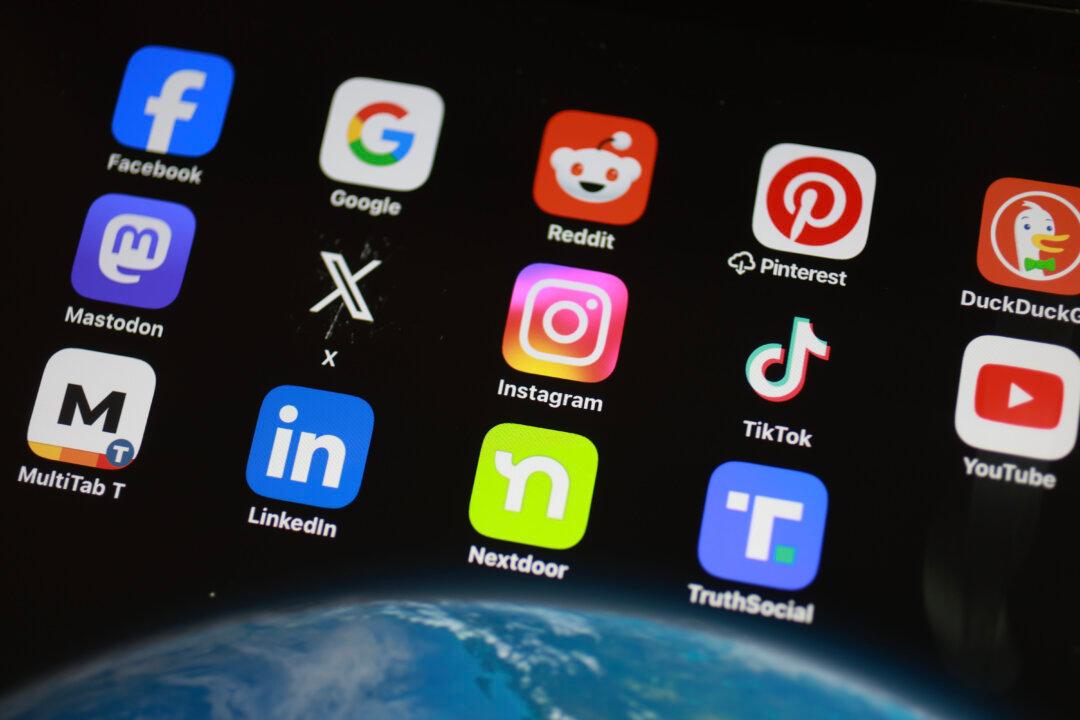Florida has unveiled its plan to implement a law aimed at keeping adolescents off social media, as parents and the tech industry closely watch how those restrictions could realistically be enforced.
In a set of three proposed rules published on July 23, Florida Attorney General Ashley Moody’s office detailed what social media platforms must do to comply with the state law, which will take effect on Jan. 1, 2025.





